Despite ongoing international discussions about a possible peace in recent months, forced conscriptions in Ukraine continue unabated. Judging by this, Ukrainian state policy does not appear to be preparing for peace. It is no great revelation to state what Ukrainians themselves openly acknowledge among one another:
that Ukraine has been held together by corruption for three decades. Without it, there would be no one to feed the bureaucrats who expect bribes for everything.
Since the war began in 2022, the situation has only worsened. Bribes are now required not just for basic services or paperwork, but also for avoiding the front lines. Everything has its price—even that. One could say that the extortion of ransoms has become an open industry.
Yes, in this country striving to join the European Union, conscription officers are now demanding ransom payments for abducted individuals—something more and more Ukrainian lawmakers are speaking about publicly. According to Artyom Dmitruk, a former Zelensky-aligned MP now living in exile in London,
between 2 and 4 billion euros annually flow into the pockets of the Ukrainian president and his inner circles through the exploitation of draft-age citizens.
Recruitment officers in Ukraine have also visibly grown wealthier. Many have purchased multimillion-euro villas in Western Europe. Another pro-government lawmaker, Julia Jacik, also spoke candidly about the phenomenon in a recent program. According to her, uniformed officials can easily afford it, as they can demand up to $5,000 per conscript to allow him to return home to his family. Jacik explained:
If you’re caught on the street, they’ll let you go for $500. But if you want to get out of the recruitment office, the fee jumps to $3,000. And if you’re already in the training camp, it’s $7,000. On top of that, if you want to legalize your release in the military registry, you’ll have to pay another $2,000 in the right places. Those are the going rates
– the Ukrainian delegate spelled out, in an interview. Recently, footage has also surfaced showing uniformed officers returning captured individuals to their families only in exchange for ransom. In Odessa, a city on the Black Sea, a surveillance camera recorded uniformed officers releasing a man they had detained only after his wife paid a ransom. The video clearly shows that Kyiv has given free rein to recruiters who act like local warlords. Mafia-style tactics and brutality dominate this “freedom- and democracy-filled” corner of the continent.
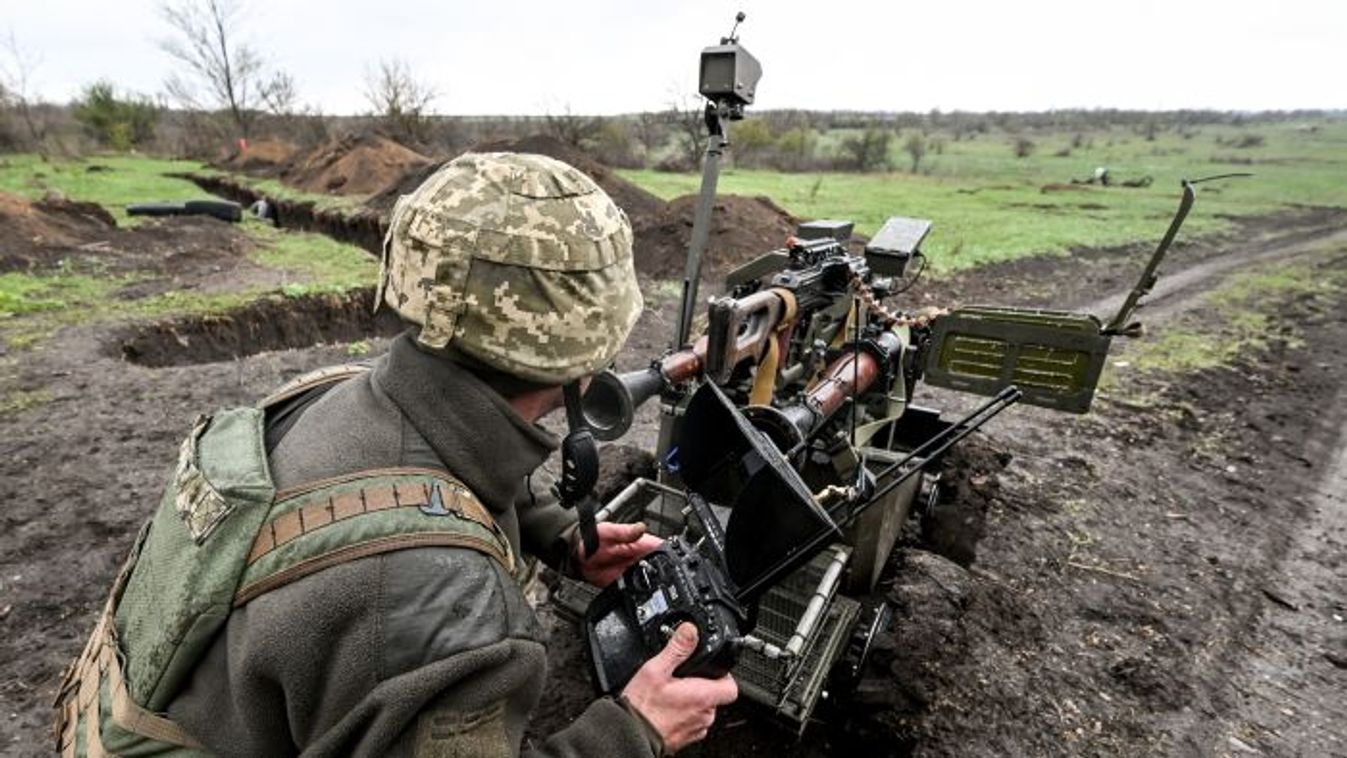

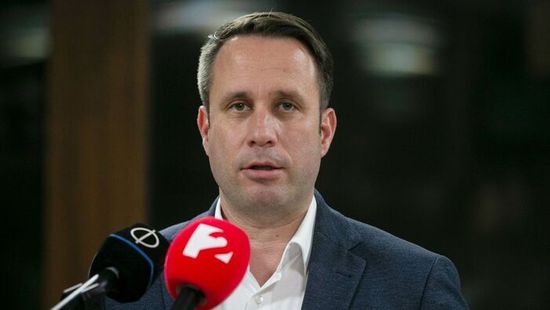
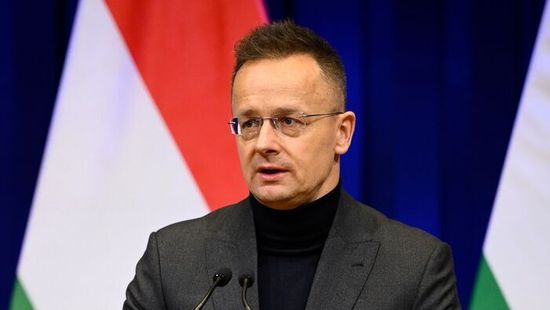
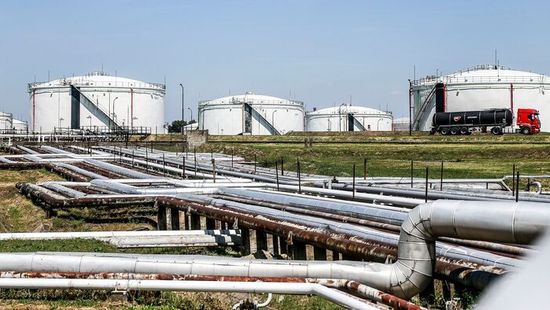

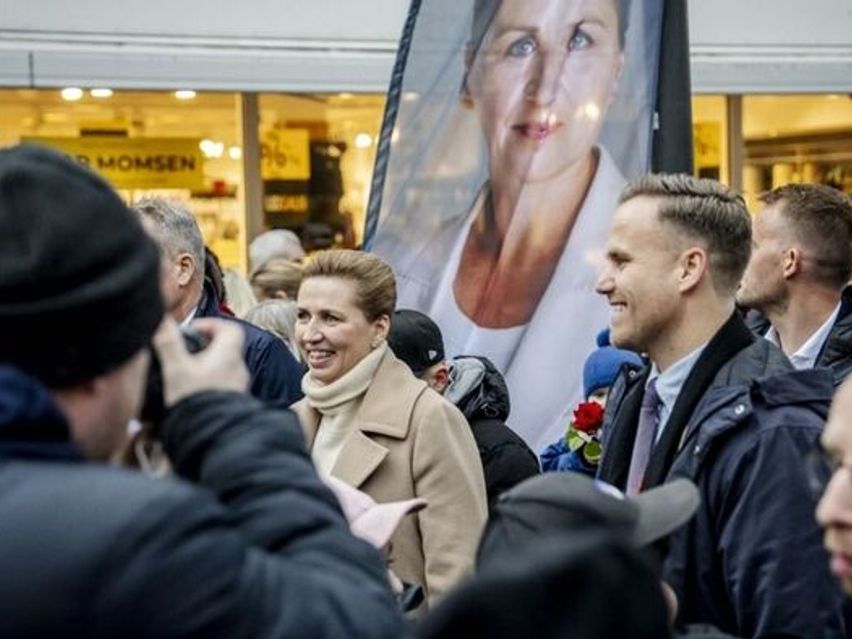

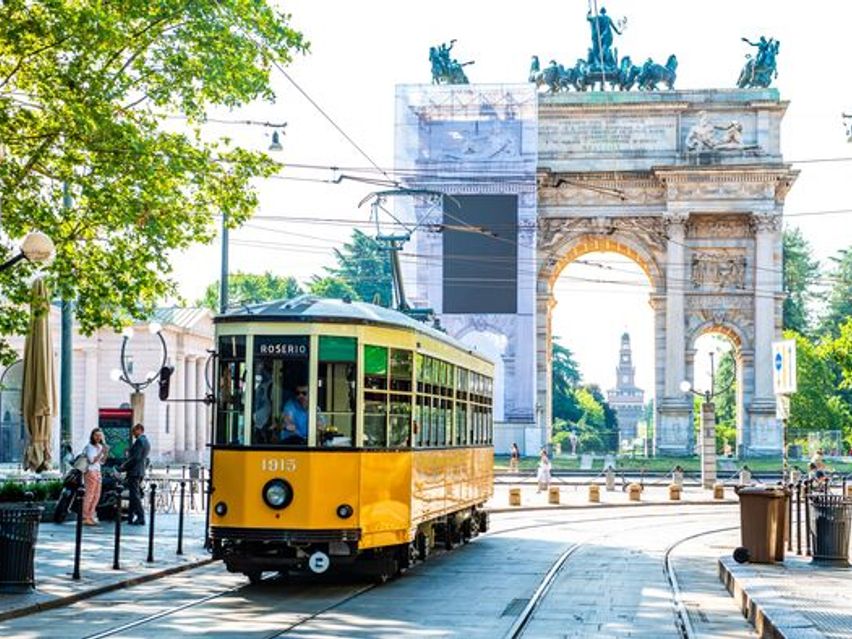





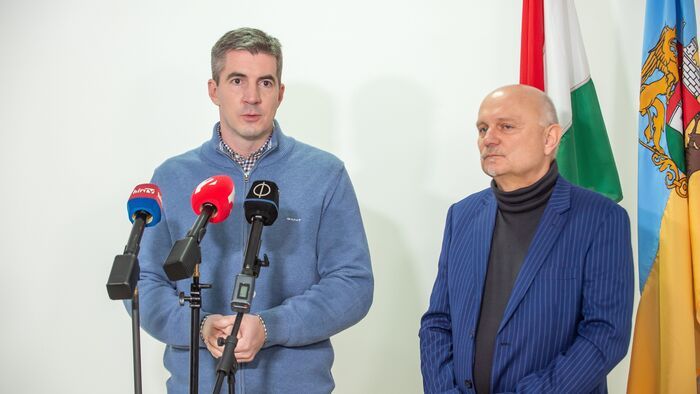
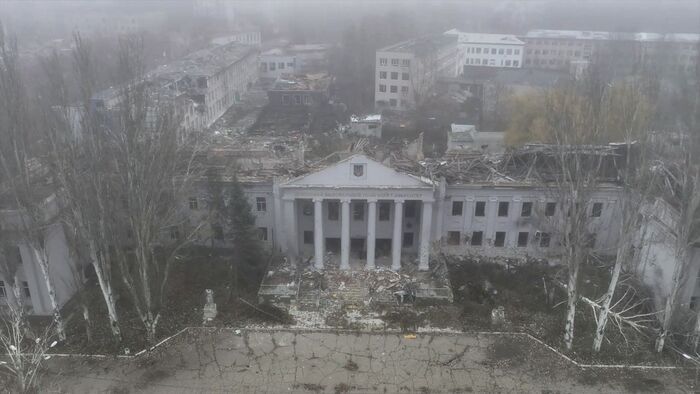

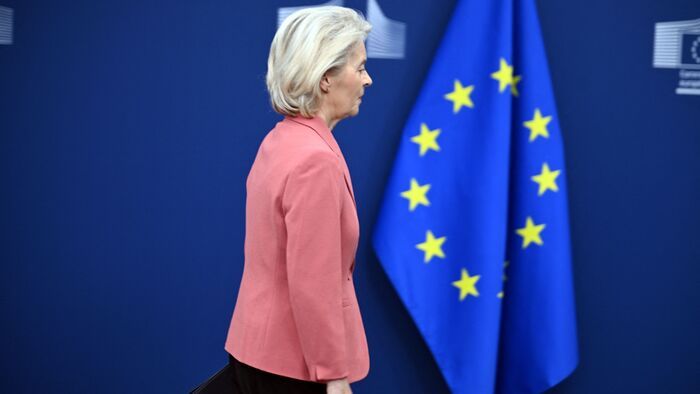


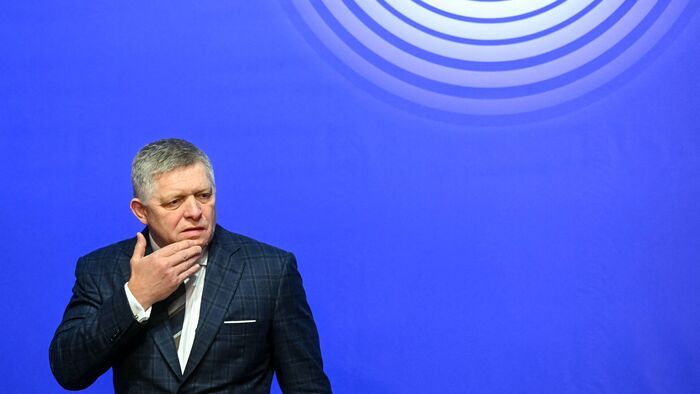


Szóljon hozzá!
Jelenleg csak a hozzászólások egy kis részét látja. Hozzászóláshoz és a további kommentek megtekintéséhez lépjen be, vagy regisztráljon!